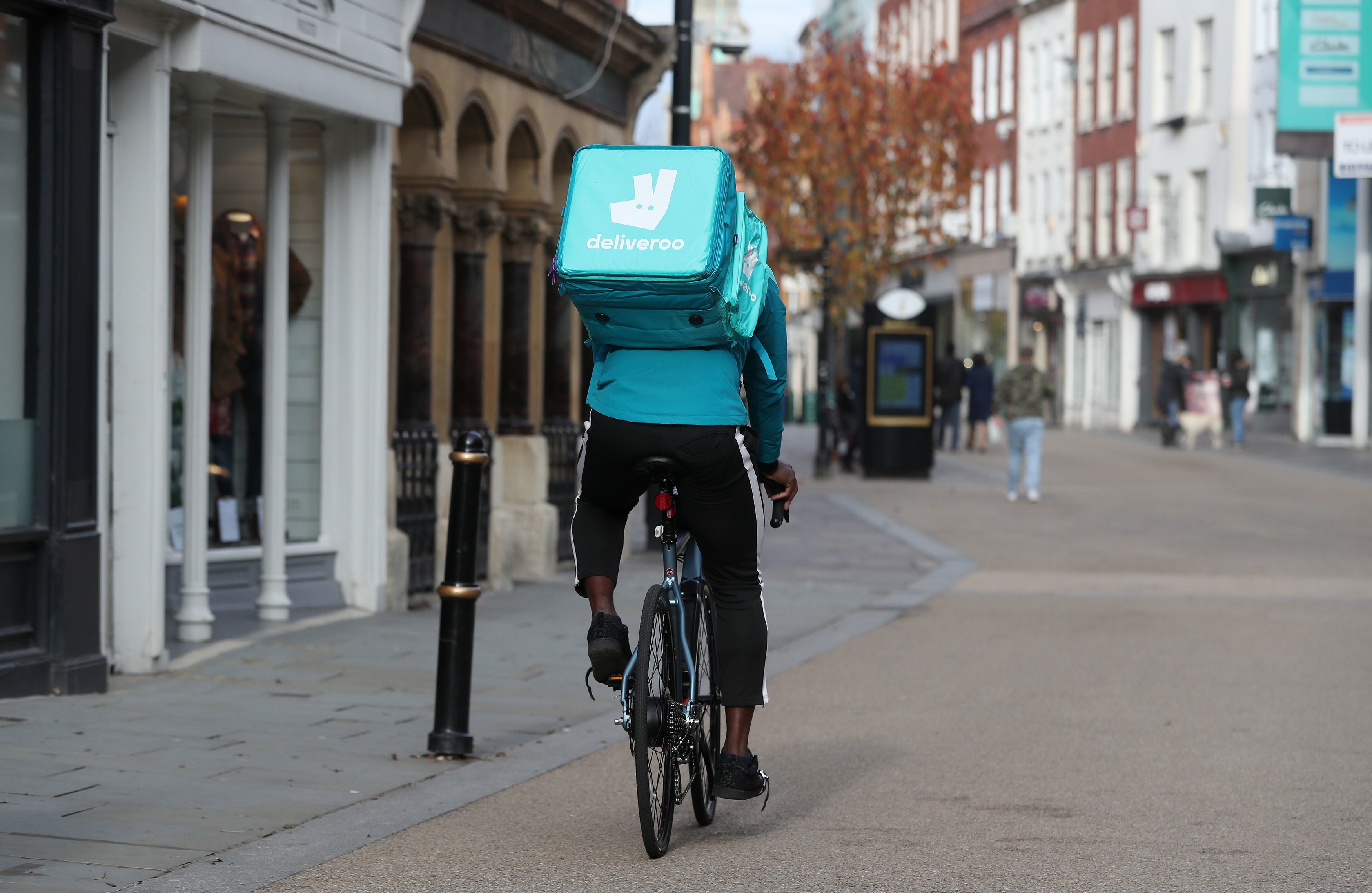Now we’re using home deliveries more, it’s right that night workers are given a safe place to take a break
Workers such as delivery drivers are more in demand since the pandemic started, writes Chris Stevenson, so it makes sense they are provided with all-night rest centres


As a new Covid-19 variant, omicron, has again changed the rules around how we are combatting the virus, it has made me think about some of the other changes we have seen over the past 21 months.
One of the first things that came to mind was the use of home deliveries – particularly for food. New research from the think tank Autonomy has called for all-night rest centres in cities for delivery people, cleaners and sex workers, to provide them with “dignity” and protection from the weather. The gig economy means many workers have been left without easy access to staff rooms, toilets and even opportunities to meet each other.
In my part of London, I’ve seen a number of places where delivery workers gather to wait for orders together where there are multiple takeaway outlets in a small area. And I can see why, given that the job will no doubt get lonely at points. The report says of night deliveries: “Riders spend the majority of their working time either on the roads, waiting for food at restaurants and kitchens, or waiting outside in a zone or selected spot. They do not have access to common facilities where they can rest indoors, eat, use toilets, take protection from bad weather, change clothes, store belongings, or charge the phones and bike lights they rely on to take and complete orders.”
Providing such respite seems to make sense to me – although there would obviously have to be discussions about who would be in charge of the upkeep of such facilities, which could be a stumbling block. The report from Autonomy claims that one in nine people in the UK work at night – the highest proportion of the workforce since records began (albeit in 2005), so this certainly isn’t a discussion that will go away.
I’d be interested to hear your thoughts.
Yours,
Chris Stevenson
Voices editor



Join our commenting forum
Join thought-provoking conversations, follow other Independent readers and see their replies
Comments